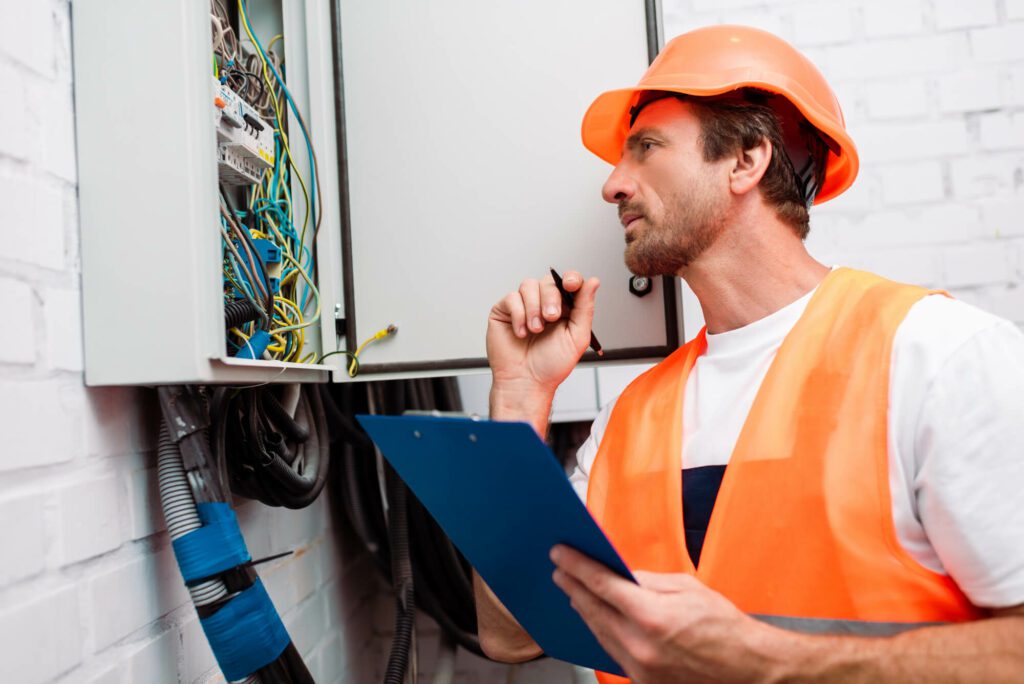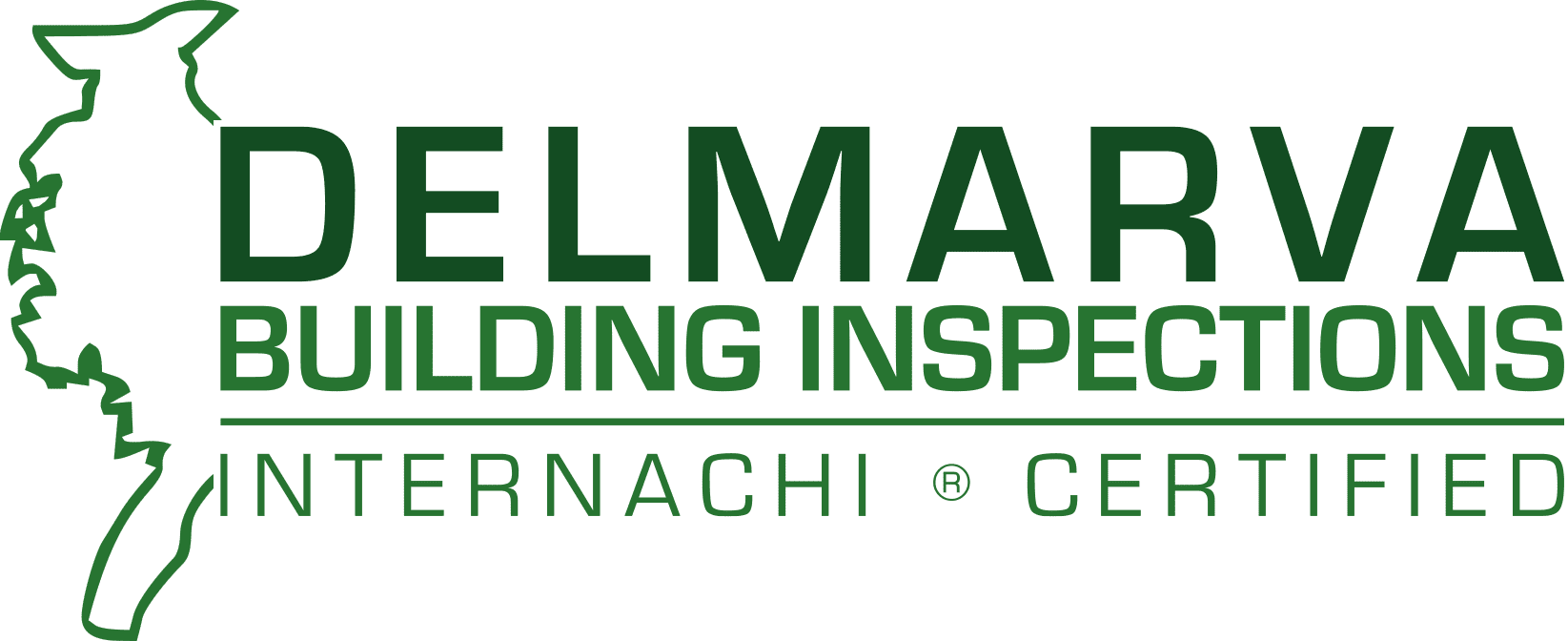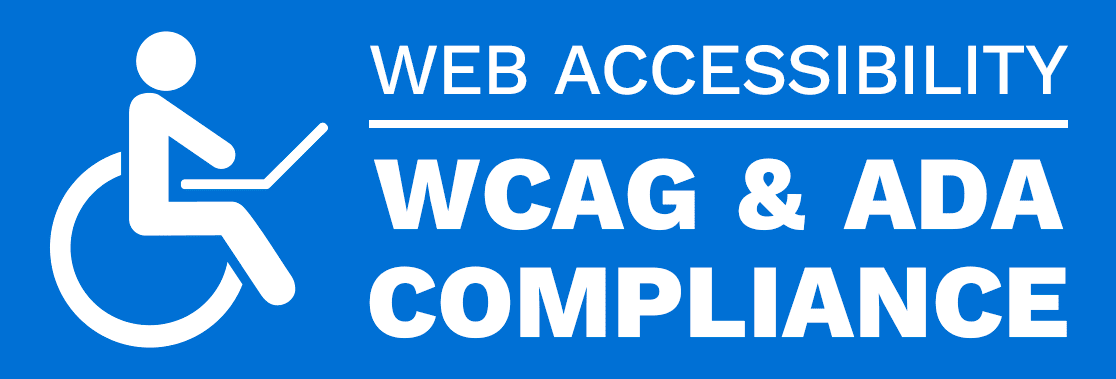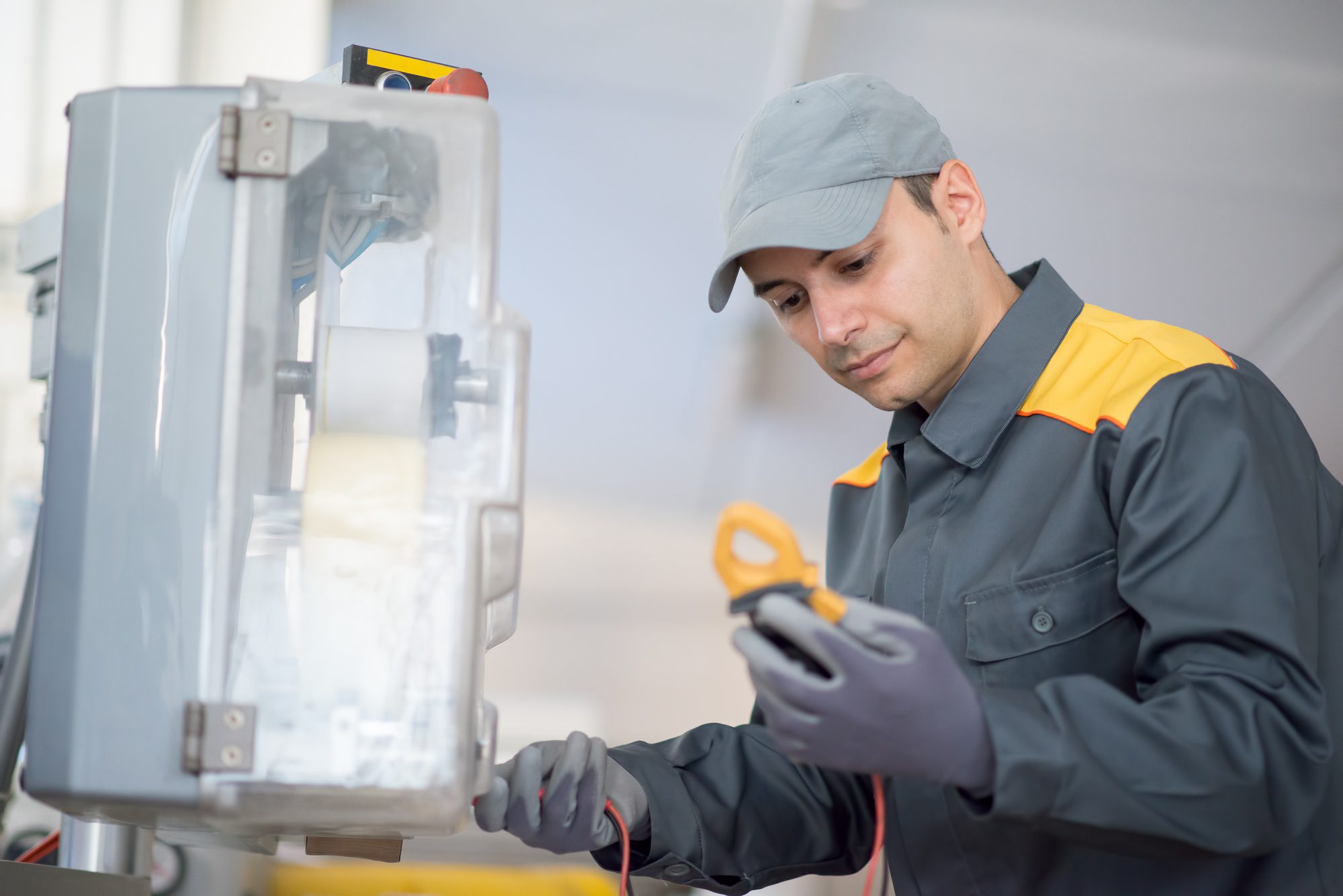Preventing Electrical Accidents
One of the primary reasons why electrical inspections are vital is their ability to prevent electrical accidents. Faulty wiring, outdated electrical panels, and improperly installed equipment are common causes of electrical accidents. Regular inspections by certified electricians can identify and address potential hazards before they escalate into serious problems.
During an inspection, an electrician will thoroughly examine the electrical system, checking for frayed wires, loose connections, and overloaded circuits. They will also assess the grounding system to ensure it functions correctly, as grounding plays a crucial role in protecting against electrical shocks. By promptly identifying and rectifying these issues, inspections help minimize the risk of electrical accidents, protecting both occupants and property.

Ensuring Compliance with Electrical Codes and Standards
Electrical codes and standards are established to ensure the safe installation and operation of electrical systems. These codes are periodically updated to incorporate the latest safety practices and technological advancements. During an electrical inspection, electricians verify whether your home’s electrical system complies with these codes.
Compliance with electrical codes is not only essential for safety but also for legal and insurance purposes. In many jurisdictions, homeowners are required to meet specific electrical safety standards. Failure to comply may result in fines, delays in selling or buying a property, or even the termination of insurance coverage. By conducting regular electrical inspections, homeowners can ensure their electrical systems remain up to code, maintaining a safe and compliant living environment.
Identifying Energy Efficiency Opportunities
In addition to safety concerns, electrical inspections can help homeowners identify energy efficiency opportunities. Older electrical systems and outdated equipment tend to consume more energy, leading to higher utility bills and unnecessary strain on the electrical grid. During an inspection, an electrician can identify areas where energy-efficient upgrades can be made, such as replacing old appliances with Energy-Star-rated models, installing LED lighting, or optimizing the electrical panel for better energy management.
By implementing energy-efficient measures, homeowners can reduce their environmental footprint and save money in the long run. Electrical inspections provide an excellent opportunity to assess the overall energy efficiency of a home and make informed decisions regarding upgrades and improvements.
During an electrical inspection, a home inspector may encounter various issues that could pose risks or indicate potential problems. Here are some common electrical issues that a home inspector might come across:
Faulty Wiring:
This is one of the most common issues found during electrical inspections. It can include issues such as frayed or damaged wires, improper connections, and loose or exposed wiring.
Overloaded Circuits:
Overloaded circuits occur when the electrical load exceeds the capacity of the circuit. This can lead to overheating, tripped breakers, and potentially electrical fires. Inspectors check for signs of overloaded circuits, such as frequently tripped breakers, warm outlets, or flickering lights.
Outdated Electrical Panels:
Older homes may still have outdated electrical panels, such as fuse boxes or panels with insufficient capacity. These panels may not meet current safety standards and may be unable to handle modern households’ electrical demands.
Improperly Installed Electrical Fixtures:
Inspectors look for signs of improperly installed fixtures, such as light fixtures or ceiling fans. This includes checking if the wiring is correctly connected if there are proper junction boxes, and if there are any signs of poor workmanship.
Grounding Issues:
Proper grounding is crucial for electrical safety. Inspectors check the grounding system to ensure it is present and properly connected, as inadequate grounding can lead to electrical shocks and other safety hazards.
Inadequate GFCI Protection:
Ground Fault Circuit Interrupter (GFCI) outlets are designed to protect against electrical shock in areas where water is present, such as bathrooms, kitchens, and outdoor areas. Inspectors check for the presence and proper functioning of GFCI outlets in the appropriate locations.
Insufficient Electrical Capacity:
As our households acquire more electrical appliances and devices, the demand for electricity increases. An inspector may identify insufficient electrical capacity if the electrical system cannot handle the load, leading to frequent circuit overloads and potential hazards.
Unsafe DIY Electrical Work:
Homeowners attempting their own electrical work without proper knowledge and experience can create hazardous situations. Inspectors look for signs of amateur electrical work, such as ungrounded outlets, exposed wires, and improper connections.
Inadequate Smoke and Carbon Monoxide Detectors:
Electrical inspections often include checking the functionality and placement of smoke and carbon monoxide detectors. These devices are crucial for the early detection of fire and gas hazards.
Inadequate Outdoor Electrical Safety:
If a property has outdoor electrical components, such as lighting, outlets, or electrical panels, inspectors ensure that they are properly installed, protected from the elements, and meet safety standards.
While home inspectors can identify many electrical issues, they may recommend further evaluation or repairs by a licensed electrician for more complex issues or those that require specialized expertise.
Take A Significant Step Towards Ensuring Safety At Home
Electrical inspections should never be overlooked or taken lightly. They are essential for maintaining occupants’ and property’s safety and well-being. By conducting regular inspections, homeowners can prevent electrical accidents, ensure compliance with electrical codes, and identify opportunities for energy efficiency. Remember, it is always better to be proactive and preventive rather than reactive and regretful when it comes to electrical systems. Schedule an electrical inspection today and take a significant step towards ensuring safety at home.


















